Ukraine’s Brave1 highlights progress, invites collaboration
- Europe
- Feature
- Security
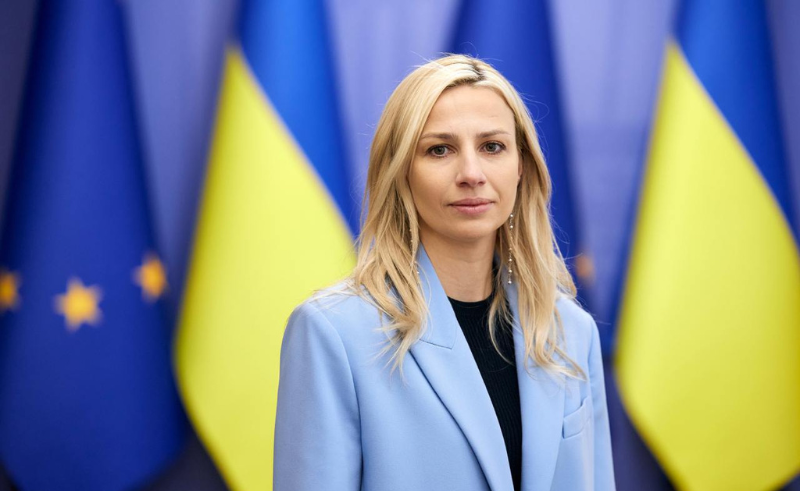
Founded two years ago, Ukraine’s defence accelerator Brave1 has become a key player in supporting Ukraine’s war effort. DSEI speaks to the CEO about its achievements and roadmap for the future.
Brave1 – Ukraine’s defence technology accelerator – has helped to build an “entire ecosystem from scratch”, Natalia Kushnerska, CEO of Brave1, told DSEI in March.
“The Ukrainian defence tech market has grown practically from zero since the Russian invasion” in February 2022.
Set up by Ukraine’s Ministry of Digital Transformation in April 2023, Brave1’s “mission is to achieve victory in war through the rapid development and implementation of innovative technologies and solutions”, she said.
It provides grants, organises engagement events (such as hackathons), pairs developers with investors and agencies, helps developers through the codification process, facilitates testing, and allows access to frontline users.
By keeping true to this approach, Brave1 has seen significant returns on its efforts over the past two years. Building on its achievements, the organisation seeks to expand its international network of partners, grow its finances and hone an asymmetric edge over Russia on the frontlines.
Exploring Brave1’s key achievements
In 2023, when Brave1 was established, the country lacked a manufacturing base for uncrewed ground vehicles (UGVs).
Following Brave1’s efforts to promote the development of UGVs – such as through the provision of grants and business support – Ukraine now has 200+ UGV manufacturers providing over 300 solutions.
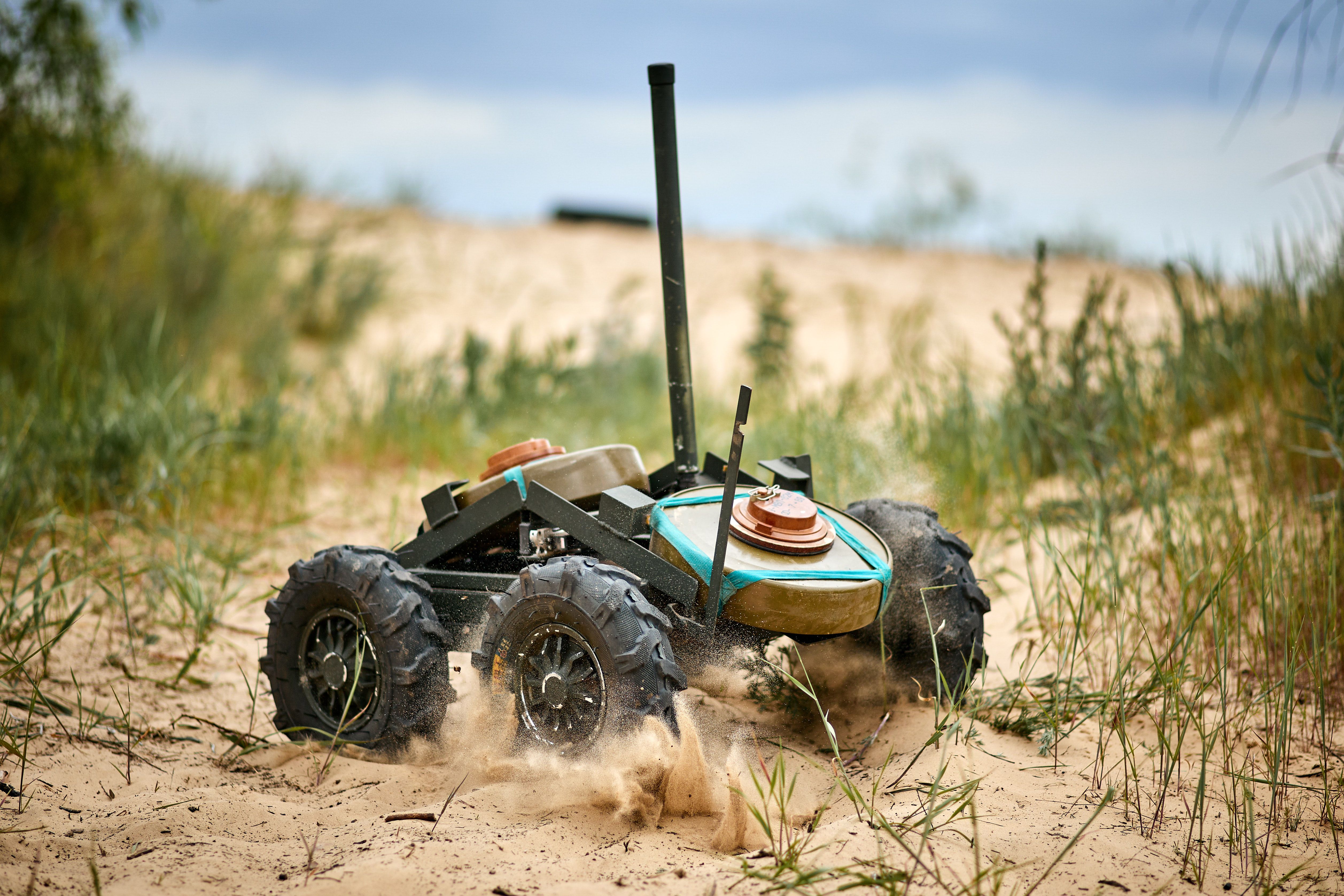
The Targun UGV built by Brave1 funded developers. The system is operational in the Donetsk and Kharkiv regions in eastern Ukraine. (Brave1)
Another Brave1 achievement came off the back of a need to intercept Russia’s reconnaissance drones, which guide precision strike missiles.
To address this, Brave1 launched a competition in April last year, resulting in new interceptor drones “effectively destroying enemy reconnaissance drones”. Since then, Kushnerska says they have been “significantly hindering Russia's precision strike capabilities”.
Along with Russia, Ukraine has been effectively deploying a range of reconnaissance drones. At the beginning of the war this mostly involved deploying Chinese, commercial ‘Mavic’ drones. Once seen as invaluable to Ukraine’s war efforts, they quickly experienced high attrition rates, partly due to Russia’s effective use of the electromagnetic spectrum.
Recognising this and Ukraine’s reliance on foreign components, Brave1 helped developers cultivate domestic versions, with three Ukrainian developers having successfully created “four upgraded versions” of the Mavic, Kushnerska highlighted.
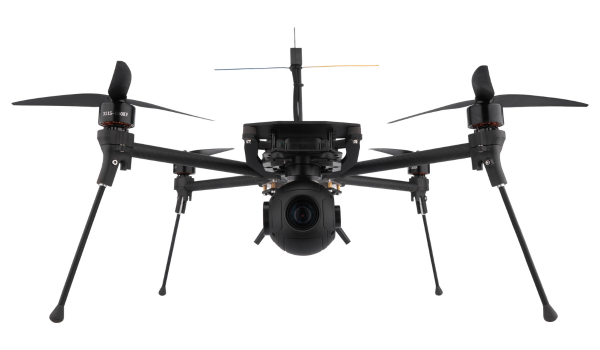
A Ukrainian 'Mavic' drone. (Brave1)
Missiles are another area where Ukraine has sought to cultivate a stronger domestic base to reduce its reliance on imports and donations.
As part of this, Brave1 has begun providing grants for a domestic missile programme, with Kushnerska stating that “very soon, they [new Ukrainian-made missiles] will be striking enemy targets that are currently beyond the reach of drones.” She drew attention to the Trembita missile, which was unveiled publicly at the ‘Defense Tech Innovations Forum’ in Kiev in February 2025.
Brave1 moving forward
These capabilities are only part of the story, as Brave1, and by extension Ukraine, are constantly striving to discover and introduce new defence solutions.
While missiles remain Ukraine’s top priority in 2025, Brave1 also seeks drone carriers, AI-guided drone swarms, anti-guided bomb solutions, and both ground-based and aerial munition-guided lasers, Kushnerska highlighted.
To achieve its ambitions in these areas, “Brave1 is open to cooperation with all international companies, funds, and government institutions that aim to develop Ukrainian defence tech”, Kushnerska said. She encouraged those interested to apply via the Brave1 website.
Foreign investment and support are essential to Brave1, having “engaged over 350 investment partners from 35 countries” to attract over USD40 million in funds in 2024, Kushnerska says.
“The ecosystem is still young”, she continued, noting that a typical first round of funding is from around USD300,000 to USD500,000.
“We plan to help attract a further USD100 million in 2025”, Kushnerska said, in what would represent a 150% increase in year-on-year defence technology investment.
To that end, Kushnerska says Brave1 has developed partnerships with “relevant associations of defence technology manufacturers” from Belgium, the Czech Republic, Denmark, Estonia, France, Italy, Latvia, Lithuania, Norway, the UK and US and is supported by Ukrainian embassies in those countries.
In the UK specifically, Brave1 works closely with ADS Group, the aerospace and defence trade association.
Along with foreign investment, Ukraine requires assistance from international companies to support its war effort.
UK companies, especially small and medium sized enterprises (SMEs), are actively involved in supporting Ukraine, primarily through Taskforce Hirst, facilitated by the UK Ministry of Defence procurement arm Defence Equipment & Support (DE&S).
Primarily focused on support, such as maintenance, repair and overhaul (MRO), Taskforce Hirst is encouraging SMEs to get engaged with Ukraine to understand the military’s requirements and refine their equipment while also helping to provide direct value to the country, James Gavin the head of DE&S’ Future Capability Innovation told DSEI in a separate interview.
In return, the MoD is seeing Ukrainian companies also coming to the UK to set up businesses.
Nevertheless, those seeking to work with Brave1 will need to register their developments and pass initial compliance tests to prove their validity. This initially involves a military examination, before a huge array of “independent specialists”, with an ever-growing pool of expertise, judge the feasibility of a product, Kushnerska explained, adding that these include “scientists, military personnel, business analysts and founders of successful startups”.
Brave1’s support and investment are not conditional on company size. “We support defence tech enterprises at all stages – from the earliest pre-seed phase to more mature companies with established solutions and clear roadmaps for scaling”, she noted.
“Often, the greatest innovations originate from a single person with a brilliant idea”, she added.
Successful participants gain access to “direct communication channels with military, to get constant feedback”, forums to exchange with other suppliers, and a broad array of testing capabilities.
Enjoy reading this article? Click here to read more about our upcoming DSEI membership offering...
Tags
- accelerator
- achievements
- ago
- become
- brave1
- brave1s
- collaboration
- companies
- defence
- developers
- drones
- dsei
- effort
- feature
- founded
- highlights
- investment
- invites
- key
- kushnerska
- missiles
- over
- player
- progress
- solutions
- speaks
- support
- supporting
- tech
- through
- two
- uk
- ukraine
- ukraines
- ukrainian
- war
- years
Providing impartial insights and news on defence, focusing on actionable opportunities.
-
The marketplace follows the establishment of the new small C-UAS JIATF-401 taskforce last year.
-
The new office seeks to cut red tape and accelerate procurement with small companies.
-
The plan aims to build out the US Navy’s lethality, complementing the new Golden Fleet initiative.
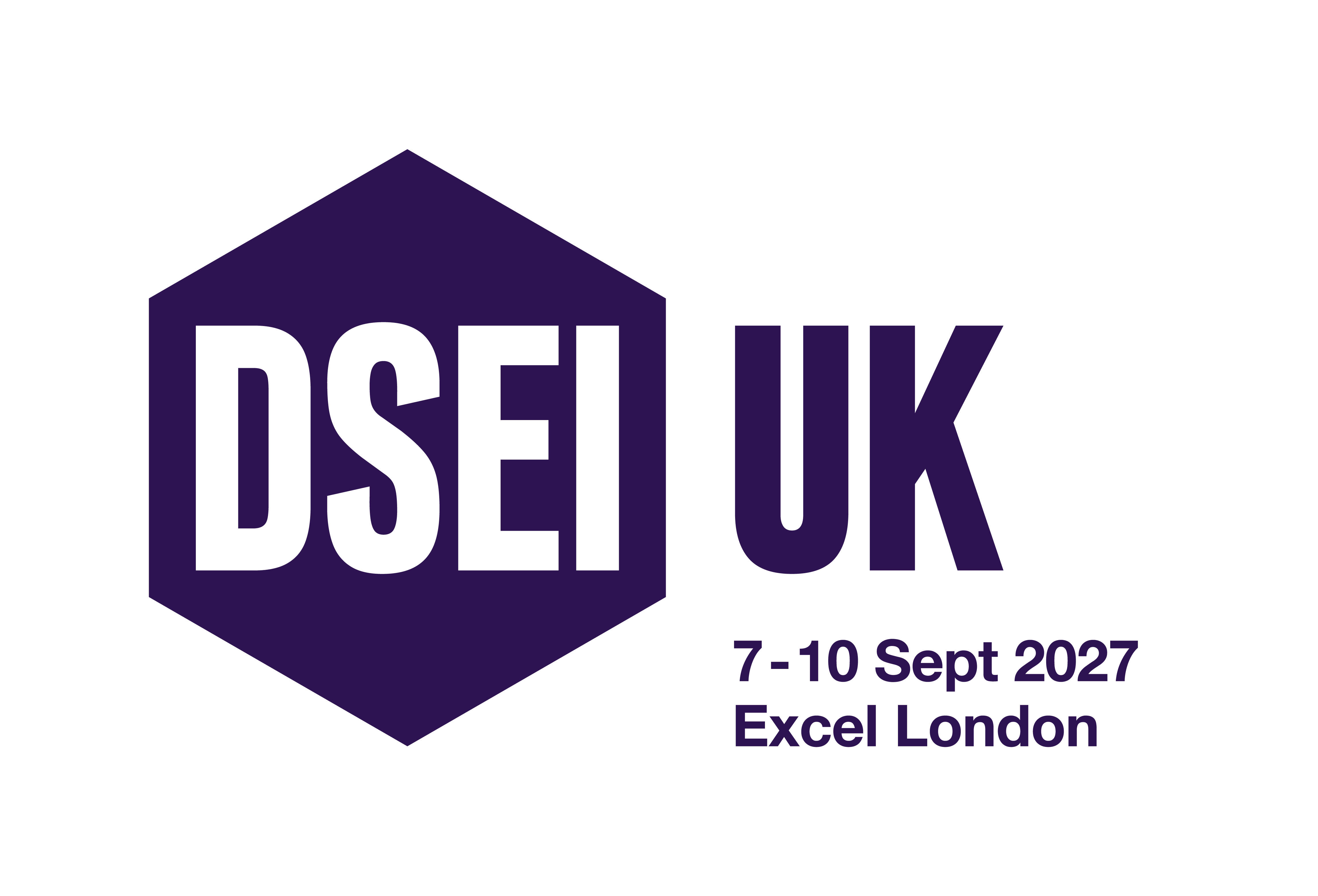
)
)
)
